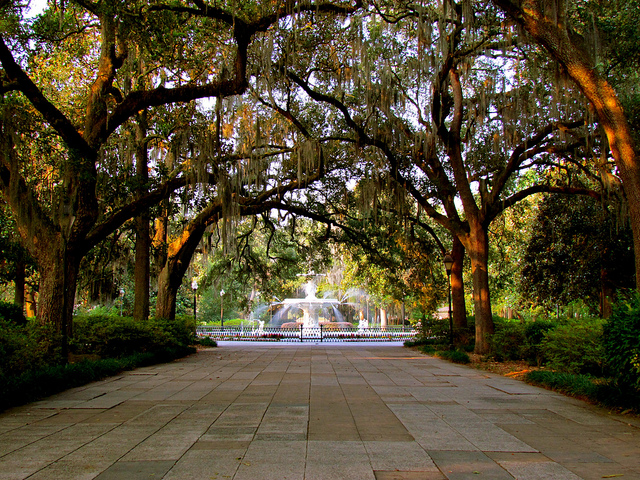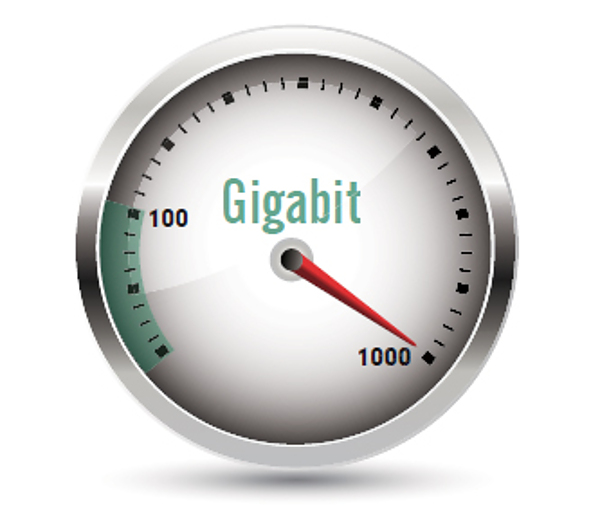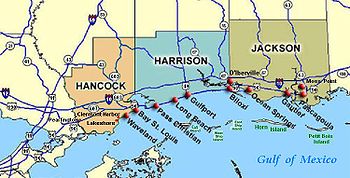I’d like to respond to two letters in your July 13 edition that praised Rep. Mike Carter’s efforts to expand statewide broadband access. Rep. Carter wants more government involvement in the broadband sector, including an expansion of taxpayer-funded, municipal broadband networks.
Rep. Carter’s supporters argued he’s standing up for consumers against huge telecommunications companies, but by supporting greater government ownership of broadband he’s really working against small businesses like mine. While it’s true many of my colleagues in the telecom sector oppose Rep. Carter’s efforts, the bills he supports wouldn’t hurt the giants of the industry. They’d hurt small, locally owned internet service providers like mine that are struggling to provide good service in our neighborhoods and good jobs in our communities. Continue reading








